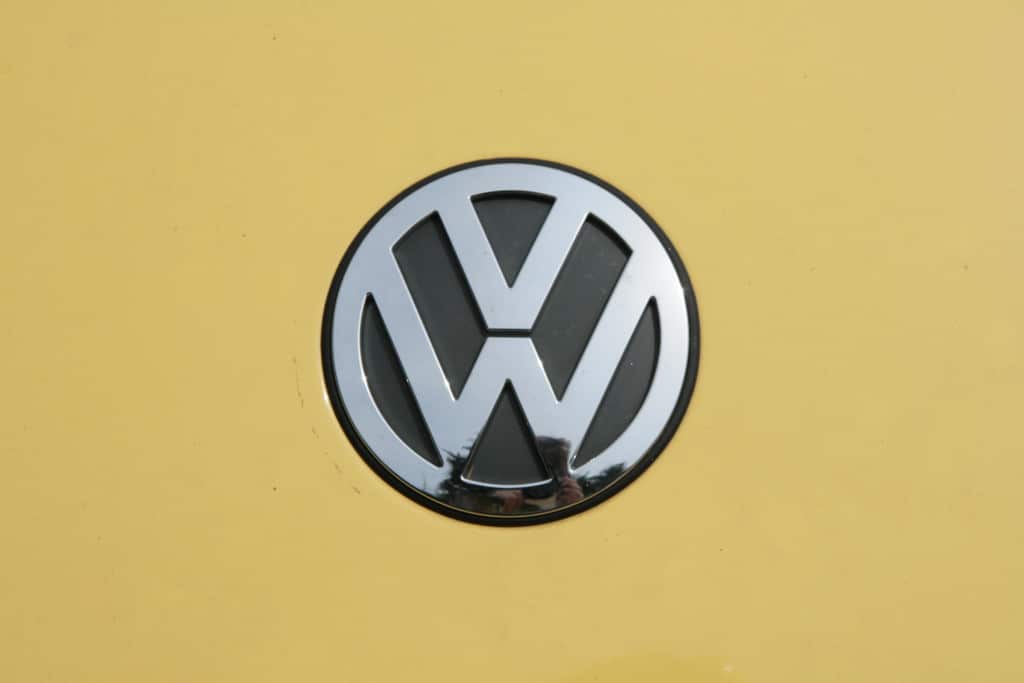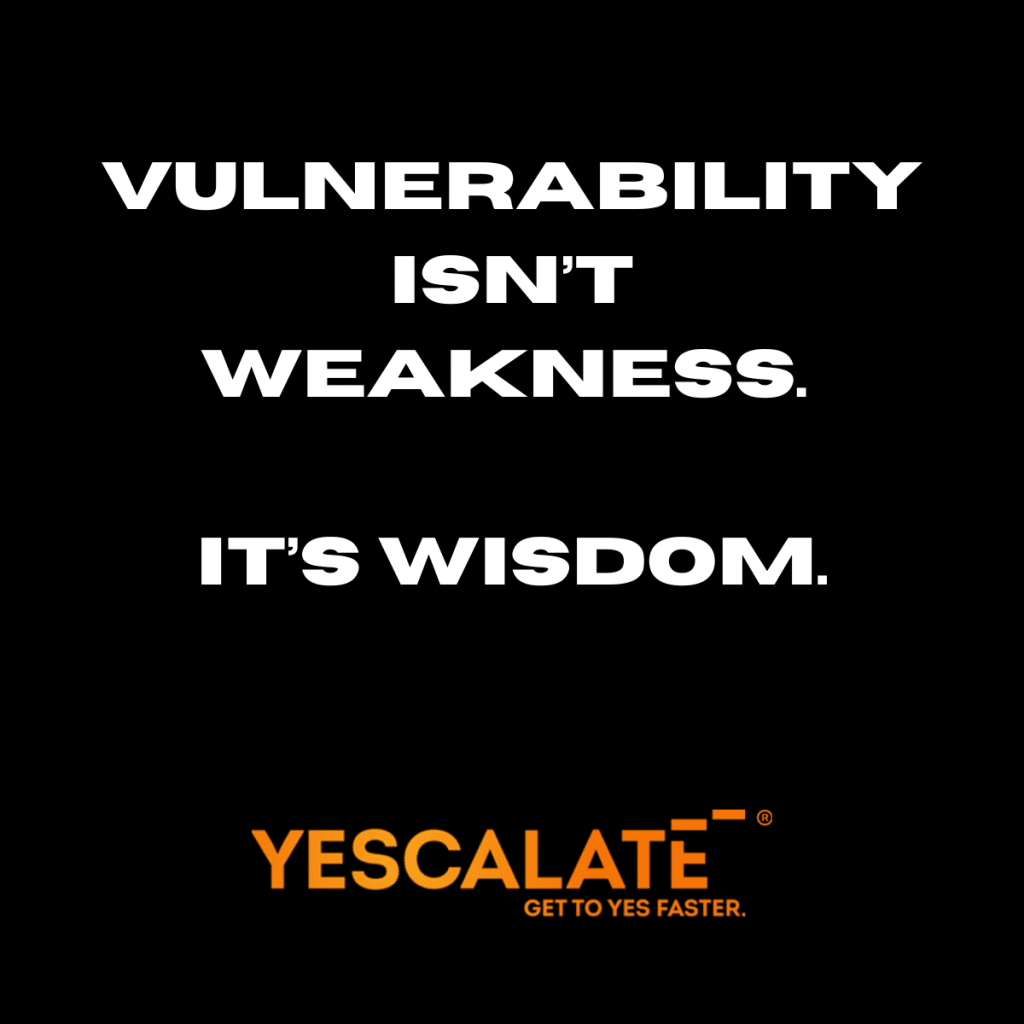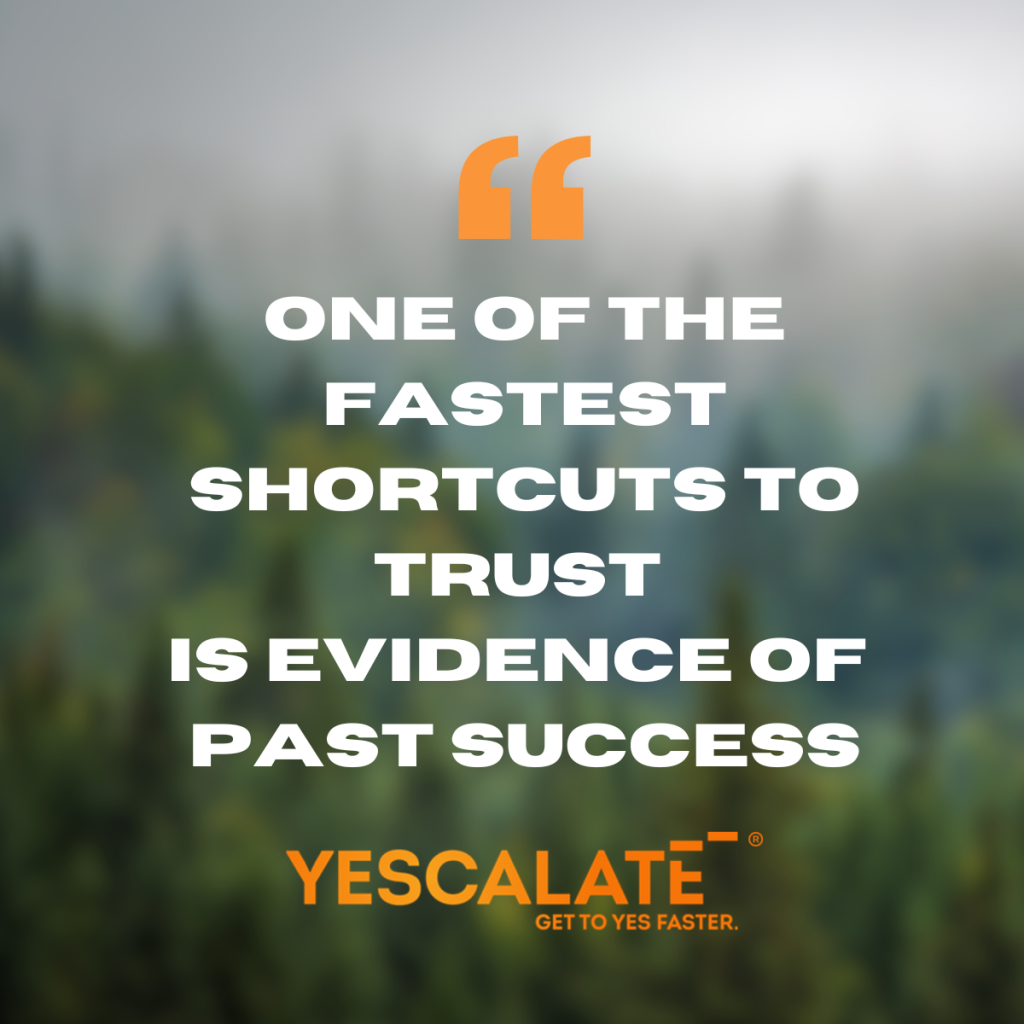Volkswagon’s recent troubles have a lot to teach us about how to handle – and how not to handle – a PR disaster. | Image Attrib.: Flickr user Karen Roe
There are all kinds of disasters that can befall a business and a brand. There are natural disasters, where no one is at fault. There is the disaster that comes with producing shoddy merchandise, or goods that don’t reflect market needs. These can be survivable, especially if handled well and if the company already has a solid reputation (see our analysis of the Honda scandal for an example).
But then there are the big ones, the kind of scandals that can bring down a company. These are borne from some kind of internal and intentional scandal. Enron, Tyco, Arthur Andersen – all huge firms that either disappeared or took years to get back to business, with permanently-sullied names. To that list you can now add Volkswagen.
The important question is how do companies deal with these kinds of scandals and PR disasters? How do they come back? There are lessons to be learned for the survivors of these scandals, as well as from those who ultimately couldn’t recover. Volkswagon can teach us a lot about both what to do and what not to do.
The Scandal and The Fallout
By now, the details of the Volkswagen scandal are pretty well-known. Diesel engines in the United States have to run at a certain emission level, and are subjected to independent tests. Of course, at the required level, the engine has a slightly lower performance. Volkswagen wanted to claim they could deliver their standard performance at the regulated emission level, which, of course, they couldn’t. So they did the absolute worst thing: they installed software in the car that could tell when emissions were being checked, and automatically lower them to up to 40 times lower than the actual number. The car was essentially taught to lie.
This was shocking. There was nothing accidental; it was a willful attempt to dodge environmental standards. The ramifications are already enormous. The CEO has stepped down, and it is estimated that this could cost Volkswagen $87 billion.[1. “Volkswagon Scandal May Cause Up to $87 Billion,” http://money.cnn.com/2015/10/02/news/companies/volkswagen-scandal-bp-credit-suisse/]
Once the barn door is open, it really is hard to get the horse back in, especially when that horse is sprinting over a hill to some distant horizon. From a goofy German company that made surprisingly good cars, the Volkswagen brand is now synonymous with grotesque manipulation of the law. But of course there are a lot of people at the company who had nothing to do with this, who want to continue to make quality cars, and want to save the company from oblivion. So what are their PR strategies? How do you rebuild that trust? Let’s take some lessons from what Volkswagon did wrong as well as what they did right, and examine what remains to be done.
No Sackcloth, But Maybe No Celebration?
The week after the scandal broke, Volkswagen was introducing a new model to American audiences at a big affair. The Chief Executive of Volkswagen America, Michael Horn, apologized to the collection of dealers, and said they would make it right. He also said “We screwed up, big time.” However, at the end of the speech, he introduced the featured musician, Lenny Kravitz. This was perfect fodder for late-night hosts and the internet outrage machine. They made themselves look terrible, and insensitive.
Actually Apologize.
What Horn did was instructive, and intentional – and he did not deny this after the fact. There was no “mistakes were made” formulation, no shifting the blame. This goes a long way. Even if the new person in charge had nothing to do with it, they have to take responsibility, and take the public outrage. As noted in the TRUST module of MAGNETS, we as people trust people who bring up the problem first. It’s called “stealing the thunder.” If a company finds themselves in a situation like this, they have more credence if they tell us.
Heads Must Roll.
It is unfortunate, but the public and your buyers won’t be placated by simple gestures. If your company is perceived as rotten, the rotten parts have to go. You want to revamp your brand identity, and that starts with people associated with the problem.
Double Down On Change.
After being released from prison for running dogfighting rings, NFL quarterback Michael Vick did more than just apologize. He spoke often and publicly about animal cruelty, and dedicated himself to its prevention. This was above and beyond the norm. Even if it was just PR (as cynics insinuated) it was meaningful action. It was more than words. It contributed to making a positive where he had earlier worked a negative.
So what does that mean for Volkswagen? Right now, they are seen as environmental scofflaws. They will have to spend real time and energy in promoting cleaner fuel standards, something that is generally anathema to car manufacturers. They have to work to be seen as the exact opposite of their crimes. It isn’t a matter of running away from a problem – they have to demonstrate that they fully understand what they did wrong, that they are to blame, and that they will turn something bad into something good.
Eventually, the public forgives (and given Volkswagen’s intertwined history with the Third Reich, they are living proof of that propensity for forgiveness). The lesson to be learned is that when you screw up, admitting it goes a long way. Learning from it goes even farther. Remaking yourself goes the farthest. As long as your brand is still on its feet, there is time to rebuild if you approach it honestly, thoughtfully, and with a clear sense of purpose. All of this involves cultivating the broken trust of the public – this means connecting honestly and authentically, which is the root of all persuasion. YESCALATE® can give you the skills you need to build this foundation of honest and authentic engagement, whether your or your business are in need of some image revamping, or you just want to learn to increase customer loyalty and enthusiasm. Visit the YESCALATE® website to learn more!





